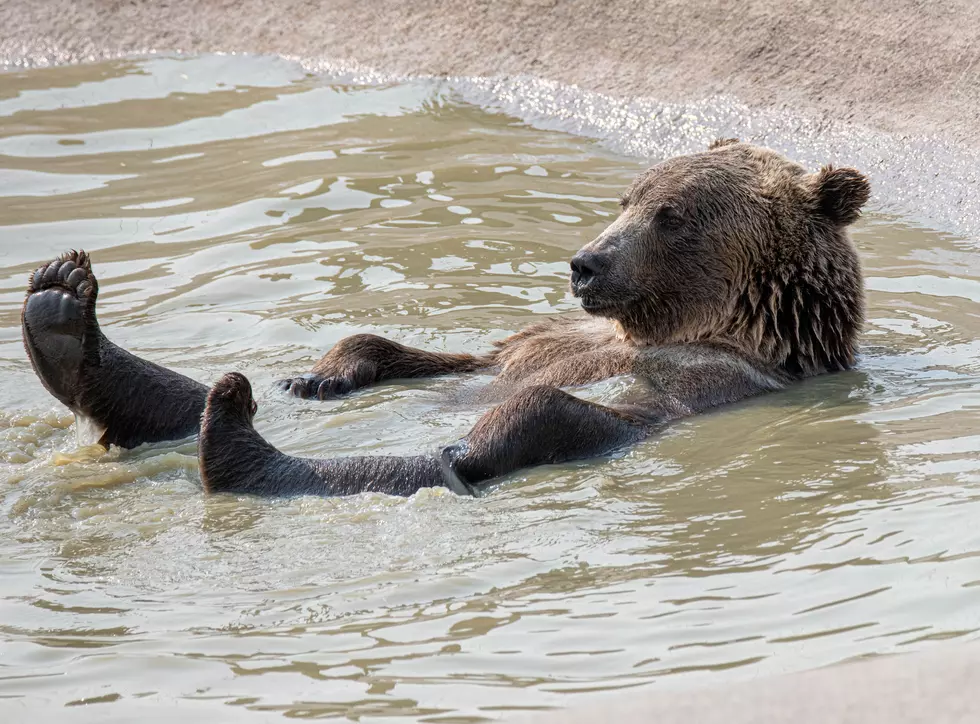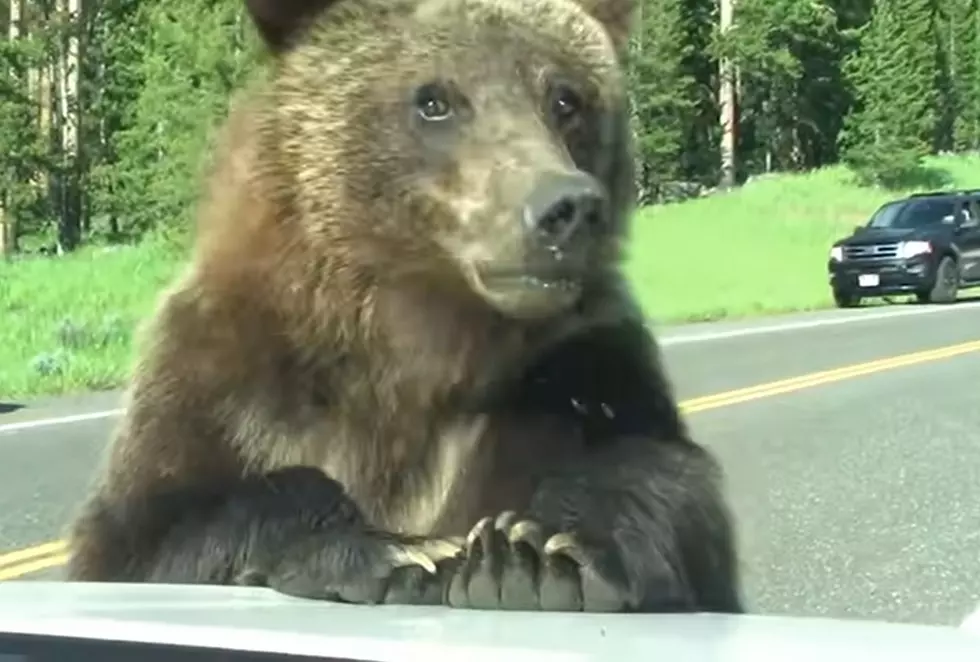
Environmental Group Sues Feds Over Grizzly Bear Decision
SPOKANE, Wash. (AP) — An environmental group filed a lawsuit against the Trump administration on Tuesday for failing to release public records on the termination of a program to restore grizzly bears to the North Cascades in Washington state.
U.S. Secretary of the Interior David L. Bernhardt earlier this month traveled to Omak, Washington, to announce his agency will not conduct the environmental impact statement needed to reintroduce grizzlies into the North Cascades.
That surprise decision prompted the Center for Biological Diversity to file its lawsuit in federal court in Washington, D.C.
``The secrecy surrounding this issue has persisted for years, and it’s mind-boggling that the Interior Department has taken its anti-wildlife agenda to this level,'' said Sophia Ressler, an attorney for the environmental group. ``Our suit aims to get to the bottom of the administration’s distorted priorities on grizzlies and other imperiled species.”
In announcing the decision, Bernhardt said the Trump administration was listening to people who live in the region.
``The people who live and work in north central Washington have made their voices clear that they do not want grizzly bears,″ Bernhardt said.
``Grizzly bears are not in danger of extinction, and Interior will continue to build on its conservation successes managing healthy grizzly bear populations across their existing range,″ he said.
But the North Cascades ecosystem, which includes North Cascades National Park and surrounding areas, is one of just six federally-designated grizzly bear recovery zones in the United States.
In 2017, the environmental group filed a request under the Freedom of Information Act for records related to statements made by then-Secretary of the Interior Ryan Zinke about terminating efforts to restore grizzly bears to the North Cascades. In the wake of public criticism, Zinke eventually changed his mind and announced the recovery plan would move forward.
But those records have never been released.
Earlier this month, the Trump administration again announced it was pulling the plug on the plan, this time making it official with a termination notice.
The terminated program would have involved transporting a number of grizzly bears into the North Cascades ecosystem.
Attorneys from the U.S. Department of Justice have 30 days to respond to the lawsuit.
The center said the North Cascades ecosystem is one of the largest wild areas in the lower 48 states, encompassing more than 95,000 square miles (246,000 square kilometers) near the Canadian border. The area contains prime habitat that could support hundreds of grizzly bears, but it is estimated that at most only a handful live there.
Grizzly bears historically ranged from Alaska to Mexico, with an estimated 50,000 bears occupying the western half of the contiguous United States.
The bears were shot, poisoned and trapped to near-extinction during the settlement of the West.
Today, fewer than 2,000 grizzlies are found in five isolated populations in the northern Rocky Mountains, mostly around Yellowstone and Glacier national parks.
Given their isolation from other grizzly populations, North Cascades grizzlies are considered the most at-risk bear population in the United States.
Grizzly bears were listed as a threatened species in 1975. They have slowly regained territory and increased in numbers in the ensuing decades, but they still occupy only a small portion of their historical range.

Beware of These 50 Jobs That Might Vanish in the Next 50 Years
More From Laramie Live









